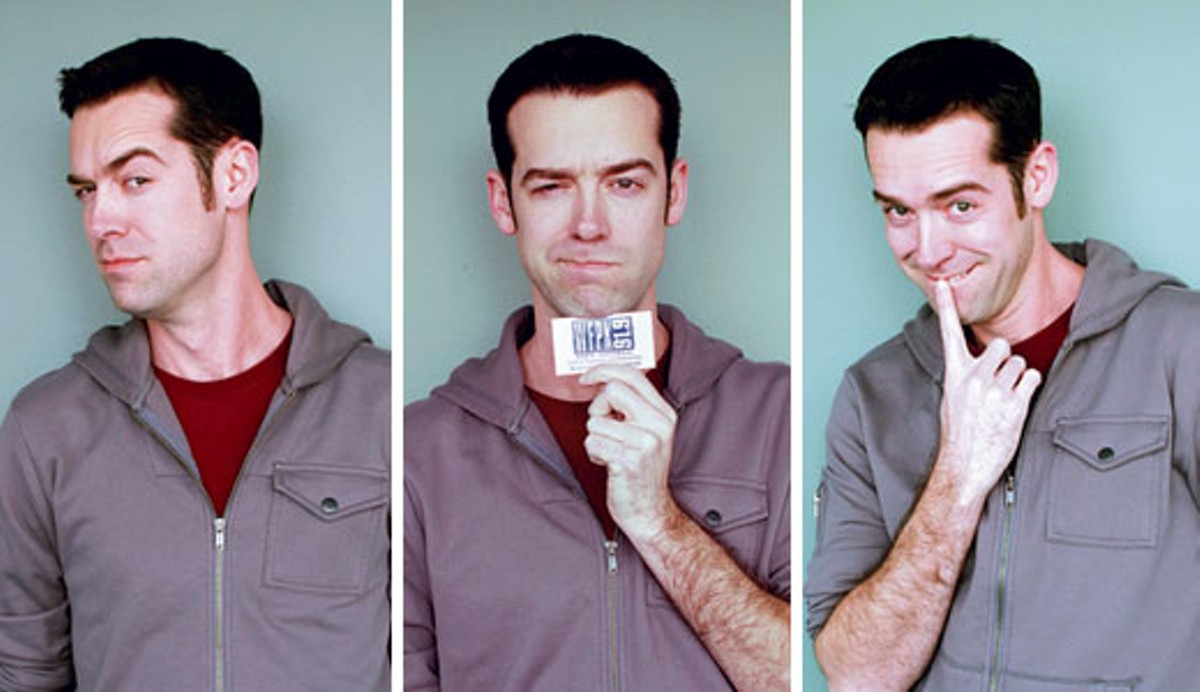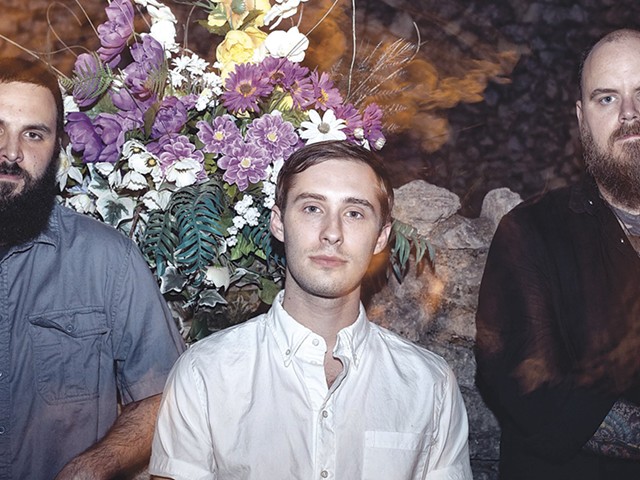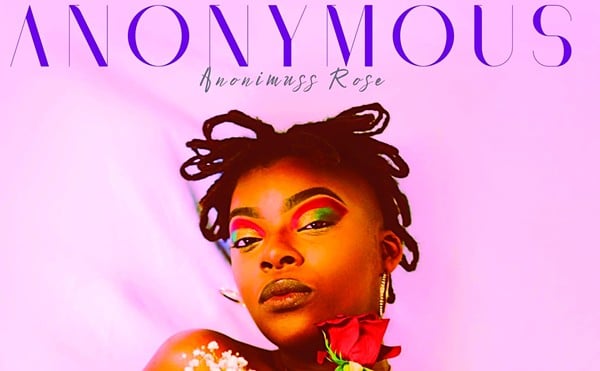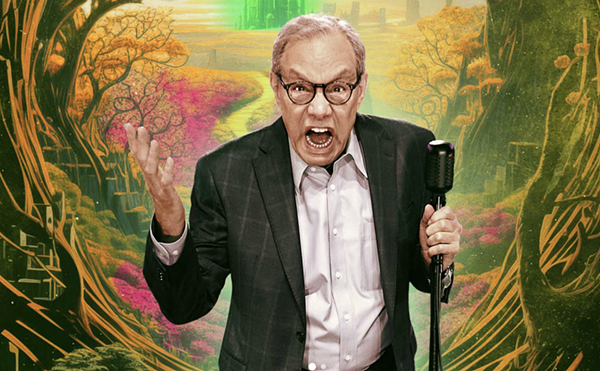Jack Kerouac, a bluesman from a jazz age surrounded by rock and roll. I was in my early 20s by the time I came across “On the Road” — a quintessential recommendation, but I couldn’t get on board. I was out of time, but I wanted to understand. I wanted to find the passion that so many before me had found. So I dug deeper, went back and started the “Duluoz Legend” from the beginning and found a treasure within “Visions of Gerard.” The poetry of those opening moments in Lowell, Massachusetts: Jack, barely a kid and in the shadow of an older brother who was doing his best to navigate his last few months of life. I fell for the way Kerouac painted the landscape: the cold Northeast nights and the townspeople who played the supporting act, proving what everyone else already knew — Jack Kerouac was unlike anything else, before or after.
Over the next couple years, I went through the entire series, but, by the time I got to “Desolation Angels,” I was angry. How could this man who had started so much, end up being so … pathetic? The alcohol had taken its toll, turning the great rememberer into a shadow of himself. It was enough that I would hardly remember even reading “Satori In Paris,” the end game for his run. Jack was on his way to that slow death in Florida. He saw himself as a failure. He wanted to be Hemingway — and tried hard — but never hit the same nerve. Of course, in his failure, he created something entirely original, which was something he spent his life resenting and ultimately would be a source for his demise. Jack hated the counter culture. He denounced the aimless wanderers.
He became Jack the Republican. Jack the ashamed. Jack the drunk. Jack the drunk-to-death. Jack the I-hate-the-rock’n’roll. Jack the no-more-Dharma. Jack the damn-kids-get-off-my-lawn.
Jack, my hero no more.
Hero worship is a tricky thing. We find people, celebrate and elevate them, then wait for them to fall. No matter what the game is, it’s like we’re always waiting, like we expect there to be a time limit.
My time with Jack wasn’t exactly that, but it was one of the first experiences I had with hero letdown. Later, when I started on my own career, I would meet musicians only to find out that some could be real assholes, even though I had probably just caught them on a bad day. But over the next few years, I would occasionally pass one of the great Kerouac classics and stop. I wanted to pick it up and take the trip again, but I wasn’t ready to forgive. Could I separate the man from the art? And how far does that go? I know some people who won’t listen to James Brown because he had been violent towards his wife. John Lennon because he ran out on his first family. Eddie Murphy’s “Party All The Time” because of all of those movies he made in the ’00s. And that’s too bad, because that song is pretty fantastic.
But Jack taught me jazz. It was because of him that I learned about Charlie Parker, Dizzie Gillespie, Lester Young and Thelonious Monk. I learned that a perfect Sunday morning probably involves some Miles Davis and Max Roach. I owed this man for much more than the time I spent riding shotgun on his bohemian adventures and, for my own closure, would have to find a compromise beyond the clichéd realization that people change and artists can never live up to our expectations of who we think they should be. I needed to forget the bad parts and just enjoy his words, timelessly rapping over Steve Allen’s piano, defining the Beat.
I had to let Jack be Jack with all of those stream-of-conscience rhythms that preceded the man he became, and not-so-secretly always was. Because I’ve grown up, too. That Adbusters version of youth has mellowed. Now, I spend my days in conversation with all types, getting along with them regardless of beliefs. We never know when this whole, big rock is going to explode in a 21st century overdose. And whether it does or doesn’t, I may as well forgive and enjoy what he left.
Kyle Meredith is the music director of WFPK and host of the nationally syndicated “The Weekly Feed.” Hunting bears was never his strong point.






